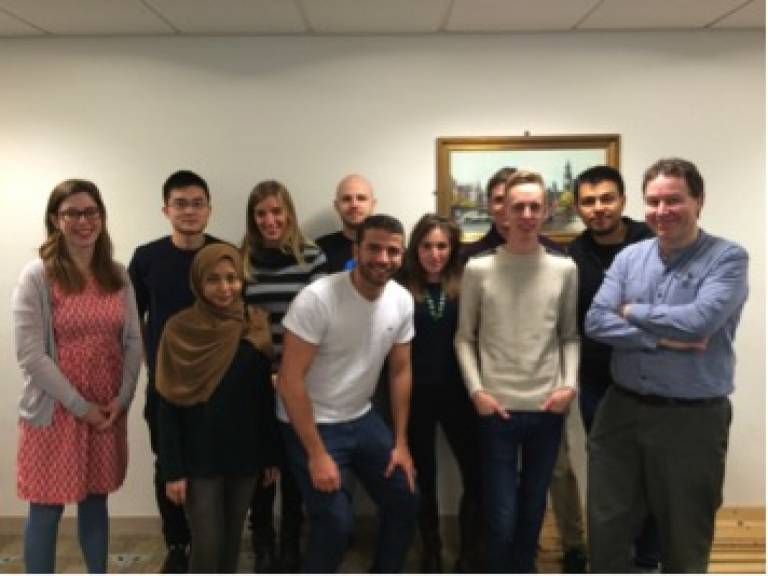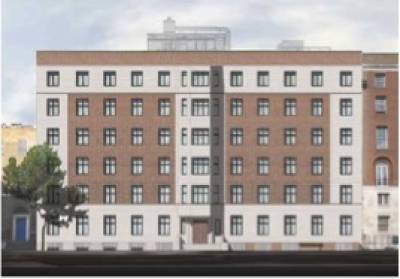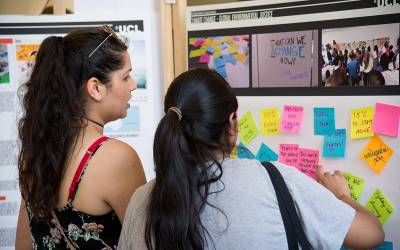Students evaluate post occupancy of UCL buildings
How do we check our buildings meet user requirements once built?

28 November 2019
UCL use environmental assessment tools BREEAM and Ska to build or fit-out our buildings sustainably. However, what happens to those buildings once construction is finished? Do they meet the user requirements?
Students from the Bartlett, UCL’s global faculty of the built environment, taking the environmental design and engineering M.Sc. course, have been undertaking a module to find the answers to these questions. The study represents a successful collaboration between UCL's Sustainability team and the Bartlett school to improve research and learning by using the UCL campus as a 'living lab'.
Each year, a group of determined students meet with building users to complete building user satisfaction questionnaires, run focus groups and understand how the building systems and design are working. They then dissect the results to understand the impact of these on productivity of staff, user satisfaction and occupant wellbeing.
"The aim of the POE module is to teach students the processes and techniques for evaluating the way buildings are used by their occupants. This is a practical course and the value of using a UCL building as a live case study for the term’s work in invaluable, as it enables students to learn through doing.” – Carrie Behar, module coordinator
This year, students studied occupant satisfaction in the new engineering refurbishment, 66-72 Gower Street

The Transforming UCL programme gives students the ideal opportunity to study the built environment during a period of unprecedented growth at UCL. By feeding back this information to estates, these studies offer valuable feedback on how to improve the design and sustainability of our buildings.
 Close
Close


